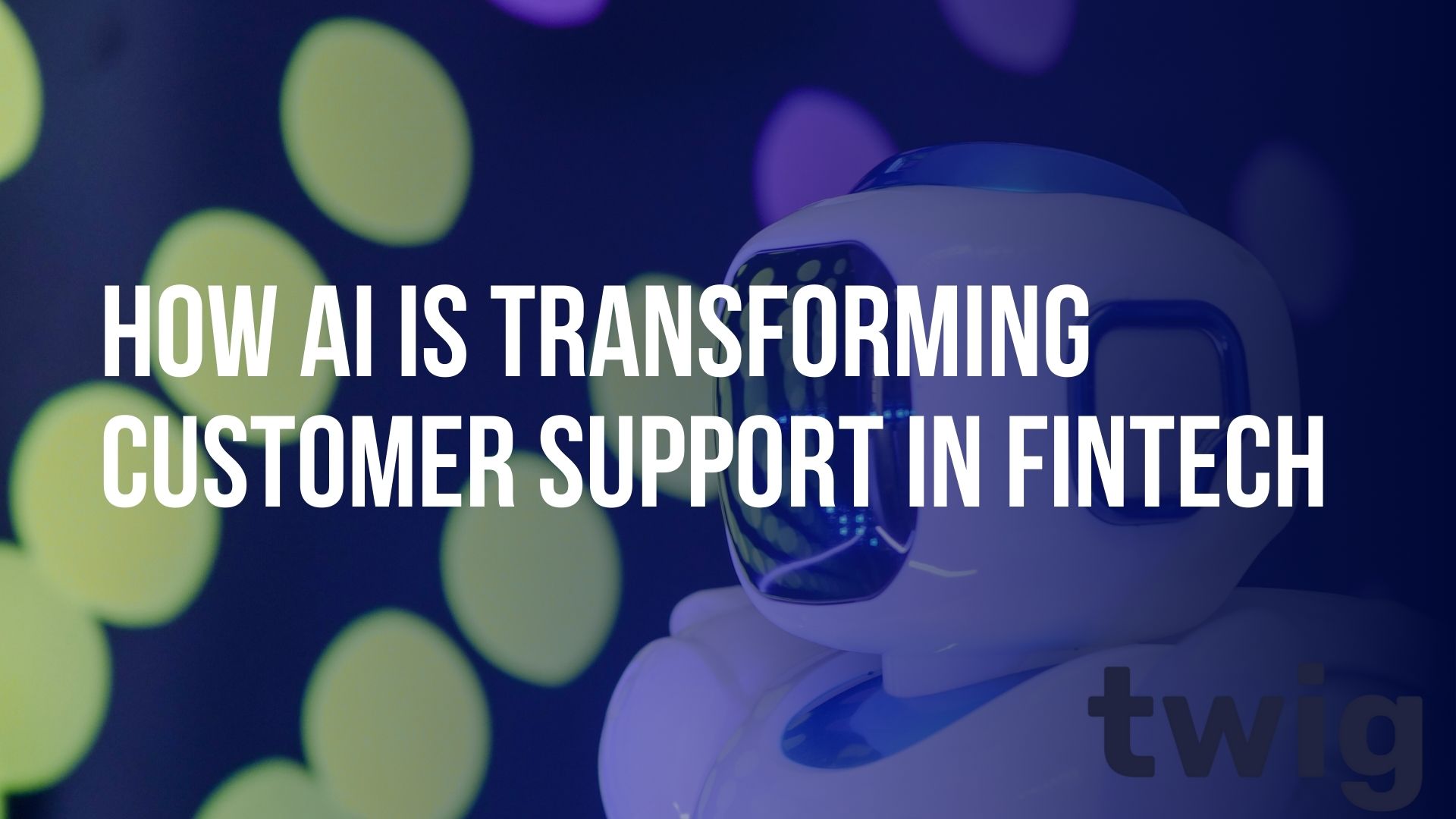

.png)

Fintech companies operate in a high-speed, high-expectation environment. Customers expect 24/7 service, instant responses, and seamless digital journeys—especially when dealing with their finances.
But traditional customer service teams—manual routing, siloed platforms, and limited personalization—can’t keep up.
AI is stepping in to transform the support experience. Not just with automation, but with intelligence. AI assistants now work alongside human agents to:
A 2024 Zendesk report found that fintechs using AI in customer support saw a 35% reduction in ticket volume, and a 40–60% improvement in response times, especially across digital channels.
Today’s fintech users are more comfortable interacting with chatbots than waiting for a human agent. But they expect human-like accuracy, empathy, and context awareness.
This is where modern AI virtual assistants shine.
They can:
Unlike older bots, today’s agentic AI assistants use deep learning to evolve—understanding tone, preferences, and past interactions. They’re not just ticket deflectors—they’re customer relationship builders.
Fintech users might start with a chatbot, follow up over email, and finish the conversation on mobile. AI helps unify these threads through:
A VP of Support at a digital bank no longer needs 20 different dashboards to track user issues. With AI, context is unified—and support becomes an extension of the product experience.
Fintech customers want speed, but they also want control. Self customer service powered by AI helps users solve problems without waiting.
AI-enabled help centers now offer:
This doesn’t just lower cost—it improves the customer value proposition, especially for high-growth fintechs scaling support without large teams.
AI isn’t replacing your team—it’s making them faster, smarter, and more focused.
Here’s how:
This type of co-pilot AI can reduce average handle time by 25–35%, according to Forrester’s 2023 CX Automation Study.
AI’s impact in fintech customer service is especially strong because of the domain’s unique challenges:
Top AI platforms are now trained on fintech-specific intents, compliant language models, and even regional financial regulations—making them domain-smart and CX-ready out of the box.
What does this transformation mean in numbers?
And more importantly, it unlocks scalable, brand-aligned customer experiences—the kind that drive retention and referral in a crowded market.
It’s not just about reducing headcount. It’s about creating a support layer that reflects your product’s core values: fast, transparent, and user-first.
The future isn’t just AI or humans—it’s the blend.
Agentic AI systems handle volume, speed, and pattern recognition. Human agents focus on empathy, edge cases, and customer trust.
Together, they create a customer service platform that is scalable, intelligent, and deeply aligned with user expectations.
For fintech firms navigating growth, compliance, and customer loyalty, AI isn’t just a support tool—it’s a strategic advantage.
.png)